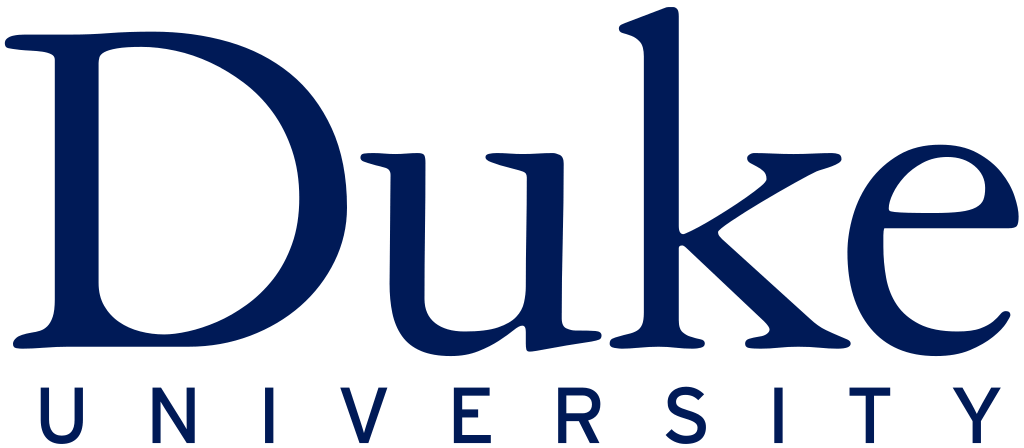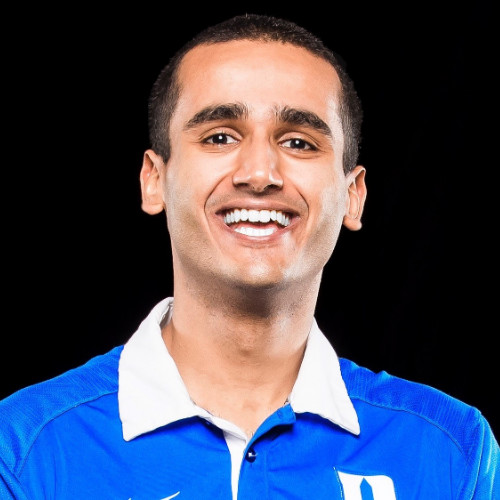Duke interviewer, Ruturaj, discusses his tips on the admissions essay, what he wished he knew before attending Duke, the common personality types that attend Duke, and his secrets to getting in. Continue to read the final installment of our exclusive insider interview. Catch up from part one.


Exclusive Insider Interview: Admissions interviewer, Duke University
SocratesPost: Do you think there’s anything unique about the application process for the program that doesn’t happen at any other school that you’ve heard of?
Ruturaj at Duke: Yes, absolutely. One of the interview questions when you apply is “Write 25 random facts about yourself.” That’s the essay question. And it’s very hard. It’s like, “Oh, that’s so easy,” but no. When I did it and got feedback from current students, they said “Don’t put anything that’s on your resume.” Because, “Oh cool, you’re top of your class,” but that’s not what they want you to do. That’s where it goes back to, “Are you as a fully-rounded candidate?” And, “What are some things about you that we can’t really tell from just interviewing and seeing your profile on paper?” I don’t think any other school does something like that, where they ask you to write 25 random facts about yourself.
SocratesPost: Is that a supplement or personal statement? Or is that the only personal statement you have?
Ruturaj at Duke: No, I think there’s three essays, so that’s one of them. The other two might have changed.
SocratesPost: When you were writing that, did you feel free to share anything? Was it kind of a struggle for you to figure out where the real boundaries were?
Ruturaj at Duke: Yes, I had so many things I could write just because of my experiences growing up. But I did get feedback from someone at the program who was in the same position that I am now. When I was at school there were admissions fellows who helped out prospective students. It was challenging because I could write random things, but I did realize that the other day: write something that shows something significant about you, like how you added value. It could be you helped raise X, Y, and Z, or you researched for child pediatric cancer – that was one of my facts – or another one was I was in a Man vs. Food eating contest in undergrad. I balanced that with funny comments, funny facts, but also facts that are something that I’m passionate about. Like Habitat for Humanity, I wrote about that a lot. I tried to balance it out. You want to show some of the humor aspect of it, but you also want to show impactful things you did that’s not on your resume.
SocratesPost: Sure. That makes sense to focus on the positive.
Ruturaj at Duke: Yeah. I feel like one of the ones that maybe wasn’t meaningful, but was interesting is “I always wake up before my alarm goes off.” And so it’s like a habit, even if I’ve changed the alarm time. Stuff like that was maybe not meaningful, but just shows that you’re sure you don’t let things slip between the cracks or something.
SocratesPost: When you’re done with the interview with these students, where does that information go? Is there a report? Or are there specific questions and numbers and rankings and ratings that the admissions team is asking you to fill out? What does that look like?
SocratesPost: Were you at all trained by the admissions office on how to do the evaluation, or did they just give you the resources through email and ask you to go over the PDF and then go do it because they trusted you? Is it a more formalized process where you’re inducted into the job?
SocratesPost: What is your best piece of advice for a student who wants to go to this program?
SocratesPost: Do you think there’s something that you wish you knew about the program before you started, whether you were surprised happily or negatively?
SocratesPost: Was the networking aspect not as important in poli sci?
SocratesPost: Okay, and when you were applying yourself, did you get help on your application or were you completely independent?
SocratesPost: I know you said that in terms of strengths and weaknesses and work experiences, there’s a pretty big diversity in the program. But do you feel like there was a common personality that tends to go through the program? Like the other people who are just more extroverted, or people who are more aggressive?
SocratesPost: What questions do you feel like I should ask that I haven’t asked?
SocratesPost: Yeah, okay, answer those.
SocratesPost: Is there a common industry or field that people tend to go into after graduating from the program?
SocratesPost: In what ways do you feel like you’ve changed since graduating from the program when you compare yourself now versus maybe after you graduated from undergrad?
SocratesPost: How do you feel like the alumni network has helped or not helped you?
And I think from the aspect of meeting people, there are a lot of these clubs. Fuqua has its own but mostly Duke as a whole has a very big presence. For the most part, anyone I’ve reached out to on LinkedIn who went to Duke has been helpful. In my company, for example, there’s a woman that does product marketing who went to Fuqua for her MBA. I told her, “Hey, I went to Fuqua, I did this program. I would love to talk about what you do and how it affects what I do.” So it’s been super helpful just internally within the company, but also just externally in the Bay Area, and literally anywhere around the country, as well as around the world. I have an interest in working in London and when I was there, this girl was willing to help me figure out like, “Hey, I’m interested in working in London at some point in my career. How do you think I should go about it?”
SocratesPost: Do you think that your experience in the program has had any negative effects at all, whether it made you more stressed out, it did something to you that had negative effects?
SocratesPost: Some people believe that there’s a secret to getting into any program. So what is the secret to getting into Fuqua?
